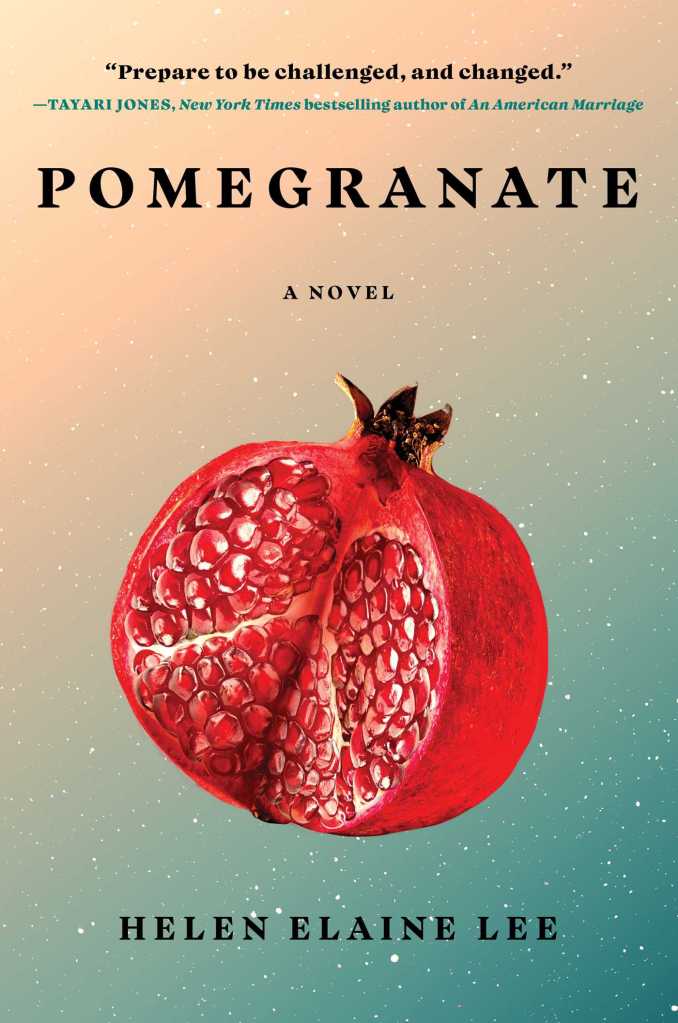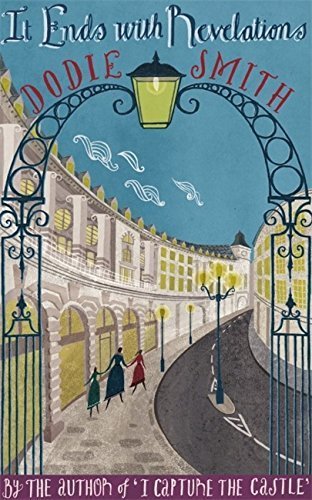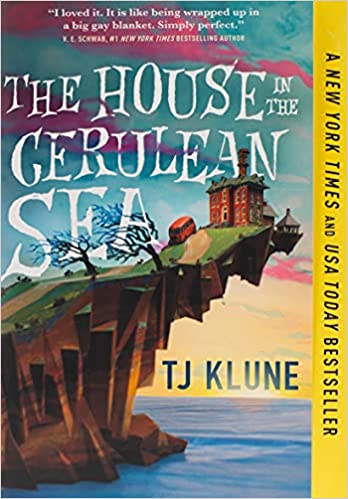After reading Yanagihara’s deeply touching second book, A Little Life, I couldn’t wait to plunge into To Paradise. While reading the first section, though, I was afraid I was going to be disappointed, especially as it is of the genre speculative fiction, which is not one I’m usually interested in. But Yanagihara knows how to spin a tale.
The novel is split into three books, each set 100 years apart, starting in 1893. Although I’ve seen the novel described as a history of a family, let’s just say that names and personas repeat through the book, only with characters taking different roles. All of the books are set in New York City. They also feature strangely inert main characters.
This New York, though, is different from the one we know. After a civil war, the United States is fractured into pieces, one of which, called the Free States (in which New York resides), believes in freedom of religion and marriage between any two adults. David Bingham belongs to a family whose members are all in same-sex marriages. He is from a wealthy old family, and he is the eldest, but he has been a disappointment to his grandfather. He is subject to bouts of debilitating depression and seizures, and he has shown no interest in pursing any kind of career.
Another characteristic of the Free States is the prevalence of arranged marriages. David’s grandfather has been trying to arrange one for him, and the current candidate is an older man named Charles Griffith, whom David has at least agreed to meet. He likes Charles, but then he meets Edward Bishop, a poor musician. David falls for Edward, a man he knows his grandfather would consider a fortune hunter.
In 1993, David Bingham is a young Hawaiian who has left his home and his heritage as a native prince and with an incomplete law degree is working in a law firm. He is living with the wealthy older head of the firm, Charles Griffith, and although he loves Charles, because of this relationship, he spends most of his time with older men. AIDS is making its way through the community.
Also part of this book is a long narrative by David’s father, who is obsessed by his friendship with Edward Bishop, a Hawaiian nationalist with a dream of a return to a Hawaiian monarchy. Although this action causes a bit of a lull in the novel’s forward motion, we come to understand David’s alienation from his family.
In 2093, Charlie Griffith is a young woman living in a dangerous and autocratic society, the controls of which are designed to limit the spread of a deadly series of infectious diseases. Charlie herself is limited mentally and emotionally because she was a victim of one of these viruses when she was a child.
Her grandfather has arranged a marriage for her, but has traded a possibility of a loving marriage for a secure one with a gay male. Her husband has vowed to care for her in exchange for the appearance of a heterosexual marriage because homosexuality is becoming illegal. Then Charlie makes a friend named David.
This novel has many overarching themes, that of family, particularly relationships with grandparents, as none of the protagonists have functioning parents; sexuality in society; sickness and disease; and self-actualization. I was at first taken aback by the extreme passivity of its protagonists and in fact thought the first David Bingham was selfish and immature. Still, Yanigihara’s narrative pulls you in, and I found this novel completely absorbing. Some readers will be disappointed by Yanagihara’s decision to leave endings open, but I think that’s one of the things that makes this ambitious novel more interesting.
Related Posts
A Little Life
The People in the Trees
American War










